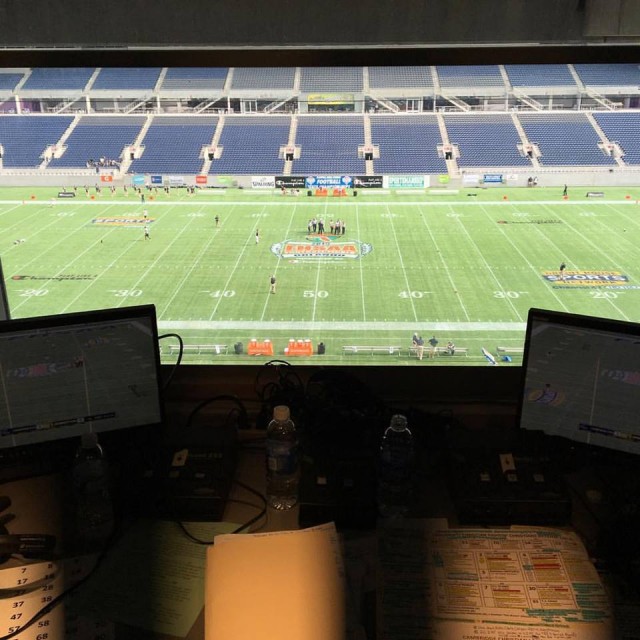The FHSAA released a statement yesterday regarding the passage of HB 7029 last Friday just before the ending of the legislative session in Tallahassee, also known as Sine Die. Within the legislation is wide-sweeping changes within the FHSAA’s rules regarding school choice and transfers and their influence on sports in this state for the years moving forward. Just in case you weren’t up to speed on everything, we’ve included some snippets from the statement with some commentary in order to make sure everyone’s in the loop.
The first statement issues clarity to the exceptions for transfers that have already in been in-place for some time. These are the six exceptional circumstances in which a student would NOT have to worry about losing playing time or eligibility. Key point is that as long as these situations can be PROVEN, there’s no reason to fret. Situations such as these six situations produce mountains of paperwork in real life, therefore as long as the paper trail is legit, there should be little-to-no hassle with transferring. Here’s what the FHSAA says counts as the six exceptions:
[Currently, the FHSAA has six transfer exceptions designed for immediate eligibility for students needing to move due to extenuating circumstances. The bill reinforces existing FHSAA guidelines, specifically listing relocation due to foster care placement, death of a parent or guardian, military orders or court-ordered changes in custody as grounds for granting instantaneous eligibility to participate in interscholastic athletics.]
Something else that changes is the formation of an all-encompassing “code” that schools from public-to-private-to-charter will have to adhere to. The code and it’s three main points are outlined below:
[Moving forward, there will be more clarity in regard to requirements to participate in interscholastic athletics as district school boards must establish a code of conduct that outlines eligibility standards for student-athletes within the district. Charter schools and private schools are also charged with applying the same elements of the code with the governing board being responsible for administration.
The code must include the following points:
1. A student not suspended or expelled is eligible to participate in interscholastic athletics
2. A student may not participate in any interscholastic or intrascholastic activity if the student participated in that same sport at another school during the same school year, barring one of the instances noted in the previous paragraph.
3. A student’s eligibility to participate in interscholastic or intrascholastic activity may not be affected by recruiting allegations until a final determination has been reached.]
The first point is self-explanatory and again, shouldn’t be that hard to prove as suspension or expulsion produces evidence to the fact in the form of paperwork and actual meetings with multiple persons involved witnessing said fact. The second point is MEANT to clarify for the “selectively reading comprehension challenged” folks that will inevitably try to manipulate along with the third point. At least this point CLEARLY states that it’s a school year, not calendar year. The third point is interesting and a big change from the previous rules from the FHSAA.
Point three is great on one hand for the coaches and programs that get subjected to ludicrous claims of improprieties just because a parent or rival is saltier than the Dead Sea. It allows the coach–and the player most importantly–to play. Here’s where things could get interesting in a terrible kind of way. Suppose Coach ‘X’ knows that player ‘X’ is going to be declared ineligible, but the process will take months to prove. Sad to say, but there will be scenarios like this when in the past, as soon as the investigation was declared the player had to sit. Sad to say, there will be coaches and players that will try to “massage” this rule. It’s the world we live in.
The Bill also addresses something that needed to be and that’s the issue of punishment for those that seem to consistently get caught with their hands in the cookie jars, but never lose a finger in the end and make their way back on to staffs across the state. Although we’d like to think this won’t ever happen moving forward, it just might. Now the penalties for those that get caught recruiting are MUCH stiffer. It’s $5,000 each time including a suspension on the very first time in addition to the hefty fine and if–for some stupid reason that actually happens a third time–the person(s) found to be involved at the school are subjected to a revoking of their teaching licenses.
